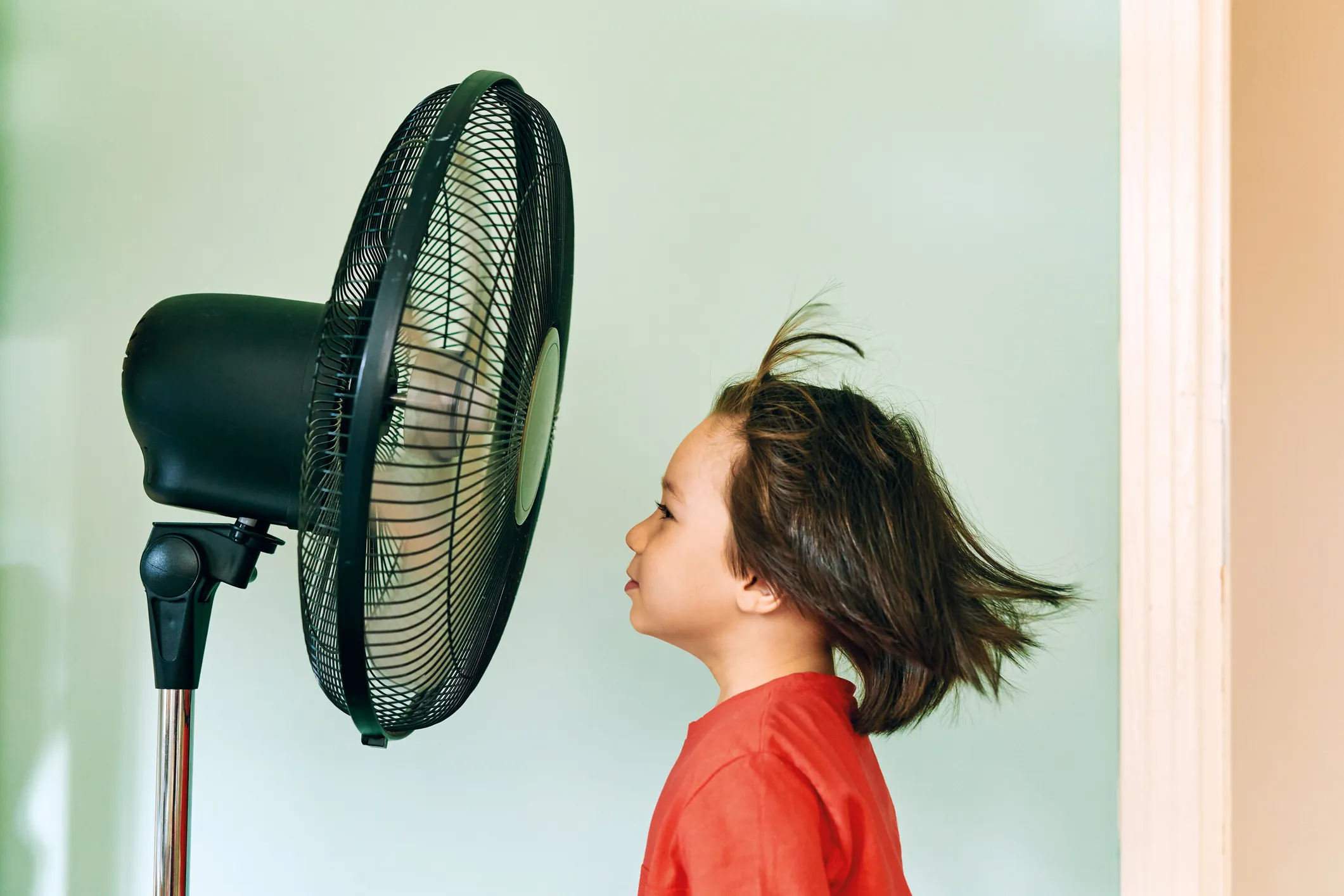Prevent These 12 Common HVAC Concerns This Summer
During the hottest part of the summer, you rely on your HVAC system to keep your home cool and safe from the heat. However, the AC unit may run into trouble as day-to-day use goes up as the temperature does. Review these 12 common HVAC issues in the summer months to help you avoid or fix them as needed.
1. Incorrectly Adjusted Thermostat
Wonky thermostat settings can cause comfort problems and a spike in energy costs. If you run into these issues, check your thermostat. If a member of the family keeps cranking the settings up or down, it’s more of a hassle to balance comfort and energy efficiency.
2. High Humidity
High indoor moisture levels makes the air feel thick and fosters mold growth. An air conditioner cools and dehumidifies the air together, but this may not be sufficient in especially humid climates. Adding a dehumidifier should fix the problem unless the air conditioning has a hidden issue that encourages humidity levels to get worse.
3. Blocked Condensate Drain
The condensate drain eliminates the excess moisture created by your air conditioner. A piece of debris lodged in these drain lines can result in water damage or mold problems. Try to keep a regular schedule when you inspect and unclog this drain if needed to stop clogs.
4. Weaker Airflow
Airflow may get worse if you have a clog in the air filter, faulty ductwork or a blocked condensing unit. Regularly scheduled maintenance such as replacing the air filter, leaving all air registers free from obstruction and clearing vegetation from around the outdoor unit can really help boost airflow. Persistent problems may indicate more significant problems like ductwork problems or a failing compressor, all of which demand professional service.
5. Coolant Leak
The refrigerant supply is the main element in air conditioning. Leaking lowers the system’s available supply and reduces cooling efficiency, forcing your unit to work harder and longer even when the temperature control falls away. Refrigerant problems are more frequent in old units but could show up in any system strained by higher usage. Some signs of a coolant leak include uncooled air blowing from your vents, sizzling or bubbling sounds, and surprisingly high utility bills. Only a professional can address the problem since working with refrigerant requires EPA certification.
6. Frozen Air Conditioner
A frozen air conditioner often is caused by low airflow or leaking refrigerant, either of which could halt your HVAC system from effectively circulating hot and cold air. A large amount of ice on the coil messes with the cooling process and may cause extended damage. Consistent maintenance is smart if you want to stop freezing and protect efficient performance.
7. Excessive Cooling Cycles
Short cycling is when your air conditioner switches off and on more frequently than usual. This is pointing to an improperly sized air conditioner, a clog in the air filter or electrical damage. Short cycling weakens efficiency and could also cut your unit’s life span, so call local professionals to troubleshoot the cause and recommend a solution.
8. No Power to the Air Conditioning
If the AC struggles to turn on, look for a tripped breaker or blown fuse at first. If this is not the issue, there could be something wrong with the unit’s capacitors or contactors, which are needed to start up the unit. Call a professional to set up a repair appointment.
9. Regularly Tripping Breakers
Another issue with the circuit breakers, you shouldn’t have to constantly reset them. The HVAC system should always be on a dedicated circuit that is appropriately sized to handle this type of equipment. Repeated circuit breaker resets can be a safety risk, since it’s an electrical issue that needs immediate attention.
10. Clogged Condenser Coils
The condenser coils on the outdoor cabinet are continuously exposed to the elements, so they could get dirty over time. Cobwebs, dirt and dust, grass clippings and other common outdoor debris coat the unit, hurting its ability to safely exhaust heat and increasing daily wear and tear. Clean these coils every now and then with a soft spray from the hose to help ensure system efficiency.
11. Strange Noises
Odd noises coming from your HVAC system often means something isn’t right. Screeching could point to a belt that needs replacing, while clanging or knocking sounds may mean loose components. Don’t try and ignore these or similarly unfamiliar noises, as they can lead to widespread problems, constant repairs or premature system failure if not fixed immediately.
12. Unusual Smells
If you smell gross smells coming from somewhere in the HVAC system, look into things further to figure out where the smell is coming from. A scorched smell often means electrical sparks or a component overheating, while a moldy smell suggests mold growth somewhere. Strange smells often need quick attention to prevent health problems and performance issues.
We Are Committed to Your Comfort
At Enercare Rob's Albertan, nothing comes before your comfort and satisfaction. Our certified technicians deliver quick, yet long-lasting solutions to any comfort concern, supported by our 100% satisfaction guarantee. If you’re not totally happy with things, we’ll make it right. So, if your air conditioner starts short cycling or making strange noises, contact us for Expert service that always exceeds expectations.



